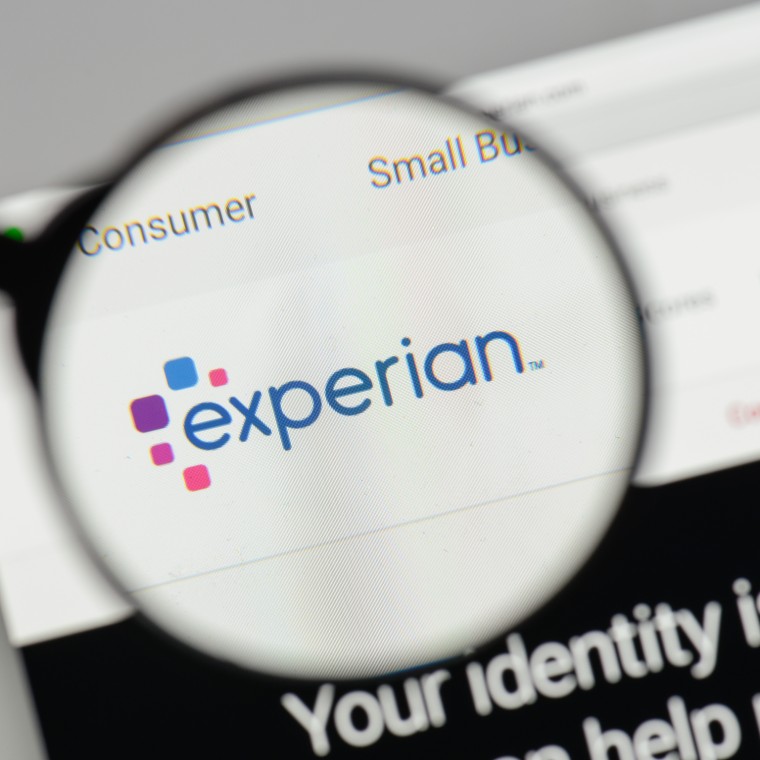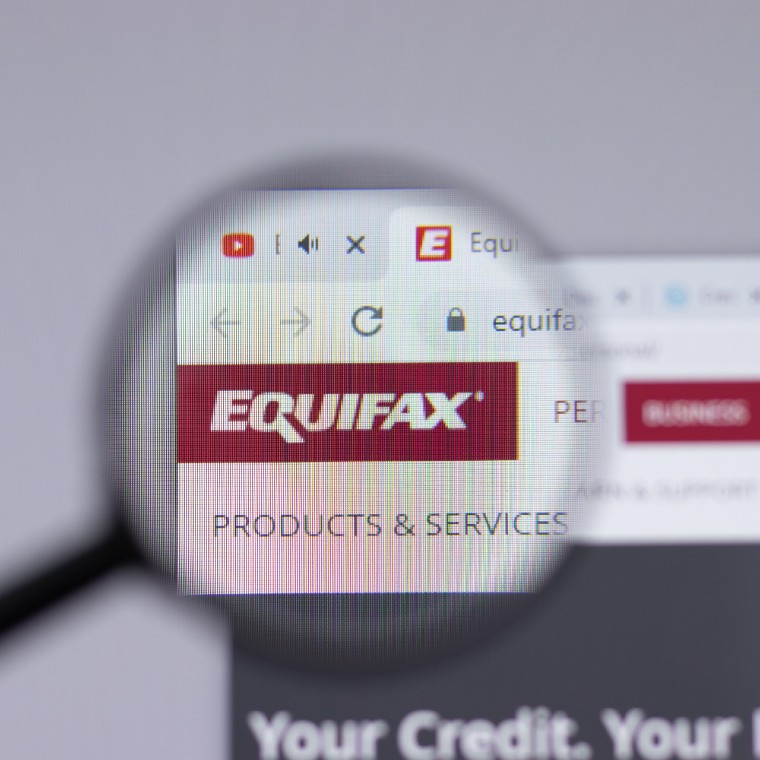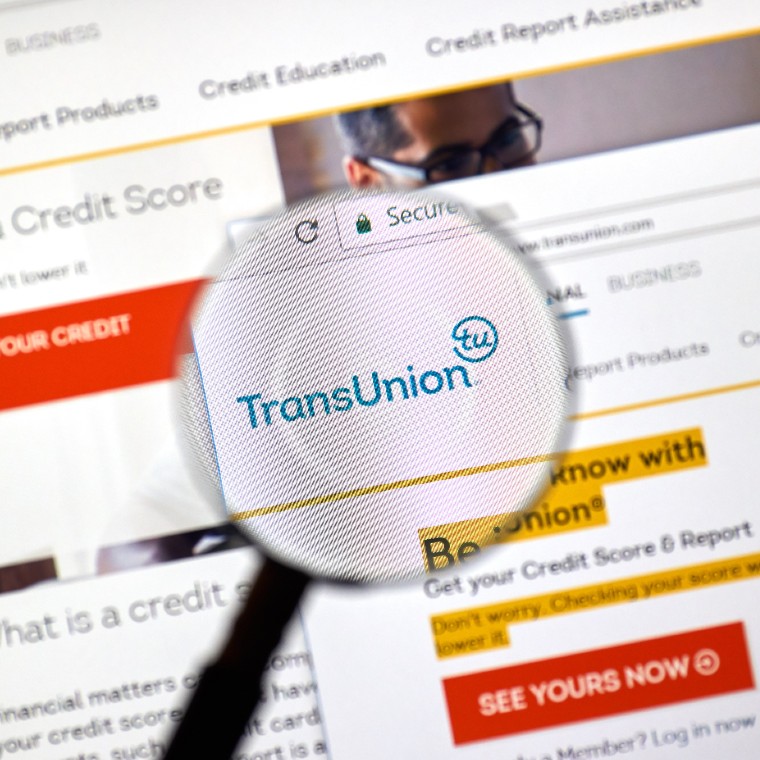There are three main credit reference agencies in Britain, each with its own unique way of calculating your credit score and reporting your information.
So when it comes to organising your finances, do you need to check all three? Which is the most accurate? And why are they all different?
Our quick, painless guide will take you through everything you need to know.
Who are the main credit reference agencies and what do they do?



The three main credit reference agencies that you’ll come across are Experian, Equifax, and TransUnion.
All three are independent organisations that collect credit information and other data about your financial behaviour.
The agencies gather data from a variety of sources such as public records and companies you have credit accounts with, such as banks and mortgage companies, credit card providers, utility suppliers, or even mobile phone companies.
Once the credit reference agency has enough information about you for a credit report, they’ll calculate your credit score.
Lenders can then approach one or more of the agencies for the information held about you to decide whether to accept your application for credit.
What information is shared with a credit reference agency?
Different agencies will collect different data and from all different sources. And while one company might share its information with only one agency, another may share it with all three.
However, generally speaking, this is the information that a credit agency will gather in order to create your report.
Your basic information
This is usually gleaned from the electoral roll and includes your name, address, former addresses and date of birth.
Often credit reports are used to verify identity and this is one good reason to always ensure your information is up to date on the electoral roll.
The type and amount of credit you have
Not all credit is the same in the eyes of the lender. A secured loan versus an unsecured loan will have different risk factors.
Your credit report will list the type of credit you have, how much you’ve paid off, and how much you owe in total.
Your credit history
Your credit report usually spans around six years, so will include all the data on how you’ve managed your credit in that time.
Whether you’ve missed any payments or defaulted on any accounts, it’ll all be gathered and reflected in your report to show a general pattern of borrowing behaviour.
Public records information
Details of any agreements you’ve to manage your debt, such as Individual Voluntary Arrangements, County Court Judgements or Bankruptcies will show in your file.
If you pay off the CCJ within a month, though, it won’t show on your report.
Credit searches
Every time you apply for credit and a lender checks your report, it’ll be visible to others who are looking at your file.
Financial associates
It’s not only your information that’s gathered to create an overall report of your credit history.
Any financial links you have, such as a joint account or mortgage, is also shared with credit agencies.

How does a credit reference agency calculate your credit score?
All three agencies have their own scoring systems, which means you’ll have a different score for each.
What is a ‘fair’ number with one, might be an ‘excellent’ with another.
The three main credit agencies’ scoring systems are:
| Experian | Equifax | TransUnion | |
| Very poor | 0-560 | 0-279 | 0-550 |
| Poor | 561-720 | 280-379 | 551-565 |
| Fair | 721-880 | 380-419 | 566-603 |
| Good | 881-960 | 420-465 | 604-627 |
| Excellent | 961-999 | 466-700 | 628-710 |
Your Experian, Equifax and TransUnion credit scores may be slightly different because not all companies share their data with all three agencies. And even when they do, they might share different types of data with them.
The agencies also have their own unique algorithm when it comes to calculating your score.
So while your information will always stay the same, how the main credit reference agencies report it will always be different.
Which is the best credit reference agency?
There’s no right answer to this question. If you’re doing a specific application for credit and know which credit agency the lender is going to use, then obviously use that one first.
As a general rule, it’s best to check all three credit reports either before you apply for credit, or even better, check regularly.
While some lenders will use one agency, others may use two or even three. And while credit scores can help them form a good idea of what you could be like as a borrower, they have their own systems and criteria to assess all the details of your credit report.
Do you have to pay to see your credit report?
No. All credit reference agencies have a statutory obligation to provide you with a copy of your credit report for free.
You can access the report online through their individual website or ask for a written copy (although there may be an admin fee for this).
You may also be offered a subscription service to get regular updates directly from the company.
Experian and Equifax offer 30-day trials of more comprehensive credit checking services. But beware, you’ll be charged if you don’t cancel before the end of the 30 days.
Are there any alternatives?
There are some completely free services where you can access your credit report and more.
These include Money Saving Expert Credit Club; which uses Experian, ClearScore; which uses Equifax, and Credit Karma; which uses reports from TransUnion.
Bear in mind, if you ever notice anything wrong on your report or need to speak to someone about it, you’ll have to approach the credit agency directly rather than the free service.
When should I check my credit report and what for?

Really, you can check your credit report as often as you feel is needed. At the very least, though, you should check it annually.
If you’re working on rebuilding your score – for instance, if you’re thinking about taking out credit in the near future – you’ll probably want to check it more often to see if your actions are having any effect on your score.
If you’re checking your credit report generally, you should make sure there are no errors. Even the smallest error can cause problems and affect your score.
Things to look for are:
- Old addresses being listed as current
- Basic personal information being misspelled
- Searches that you don’t recognise
- Financial links that you no longer have an association with
- Any incorrect account information
Will checking my credit report affect my application for credit?
Not at all. You can check your credit report whenever you want and it’ll never hurt your credit score.
The only searches that affect your score will be hard searches by lenders following an application.
A soft search, that can be used by organisations to offer you a quote, will be marked on your credit file, but only visible to you and it won’t affect your score.
Should I check my credit report before applying for car finance?
Your credit score and report is a useful tool for lenders and will always be used to help them decide upon your eligibility for car finance.
It shows how reliable you are as a borrower, giving the lender an idea of any risk you might pose.
So with that in mind, it’s good practice to have a look at your credit report before applying for car finance to see what a lender will be looking at.
It also gives you the chance to correct any errors or even take some time to improve your score.
At Hippo Motor Finance, we know that you’re more than just a credit score, so when you apply with us, we take your individual circumstances into account to help you to find the right kind of car finance for you.
We’ll only ever use a soft credit search in the first instance to check to see if you’ll be accepted for car finance, so your credit score will never be affected.
Check now to see if you will be accepted for car finance with our soft credit search:














